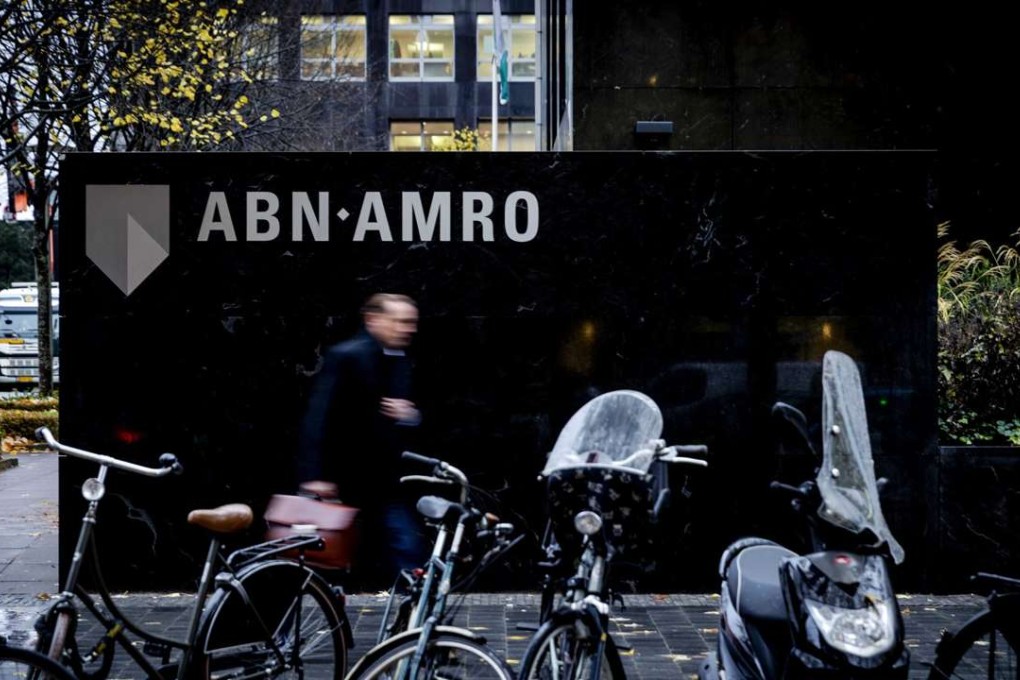Liechtenstein’s LGT buys ABN Amro’s Asian private banking operations
Deal means LGT doubles Asian assets under management to US$40 billion

LGT, the Liechtenstein private bank, has bought ABN Amro’s private banking business in Asia and the Middle East for an undisclosed sum, the latest development in Asia’s volatile private banking space.
Owned by the Princely House of Liechtenstein, LGT expects to see its assets under management (AUM) in Asia rise to over US$40 billion as a result of the transaction, and US$160 billion overall.
In 2015, LGT had AUM in Asia of US$25 billion, and ABN Amro US$ 19 billion, according to figures from Asian Private Banker.
“This acquisition will allow us to further extend our market position and to achieve further profitable growth,” said Prince Max von und zu Liechtenstein, LGT’s chief executive.
The private banking and wealth management sector in Asia is currently in a state of flux.
In October, Australian bank ANZ announced the sale of its retail banking and wealth management units in five Asian markets to DBS, while earlier this year, Swiss private bank Union Bancaire Privee acquired Coutts International from Royal Bank of Scotland in March last year, particularly hoping to leverage its Asian operations.